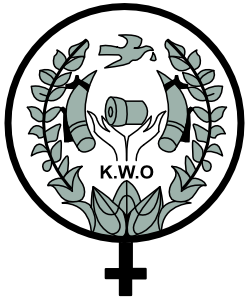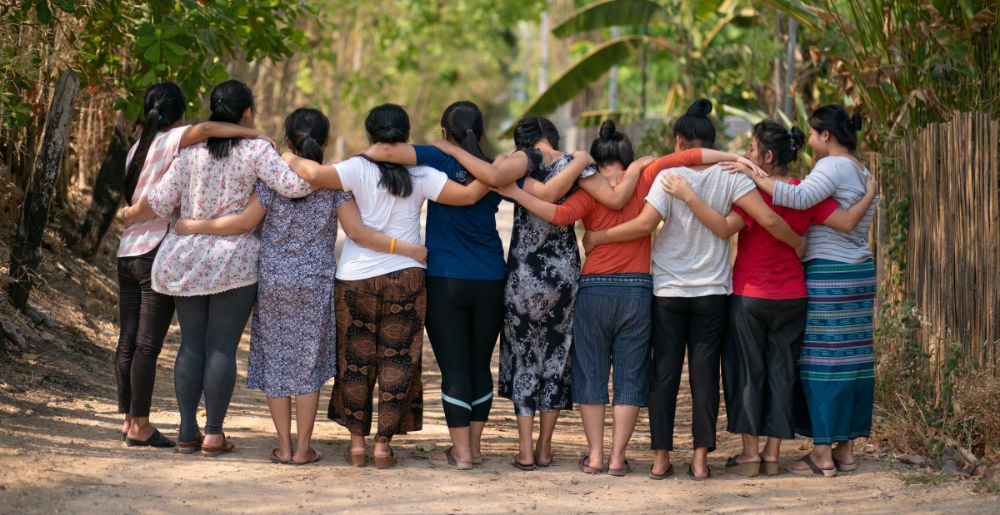Displaced women in conflict areas in Karen State are fleeing from violence around their homes, and cannot return. Cut off from the towns, they have little to no access to healthcare. With such poor access to health care, it is estimated that 721 mothers and 7,300 babies die for every 100,000 births in Eastern Burma (Back Pack Health Worker Team, (2010) Diagnosis: Critical: Health and Human Rights In Eastern Burma). This ranks amongst the highest maternal and neo-natal mortality rates worldwide. Within Karen State, KWO provides some health care and material assistance to pregnant women and new mothers, supplying basic hygiene kits for new mothers and their babies.
KWO supports traditional birth attendants (TBAs) who assist women who choose to give birth at home and we advocate on issues surrounding women’s, maternal and child health. We work with health agencies both in IDP areas and in the camps, raising health issues and concerns shared by women in the communities. KWO also communicates health messages to members of the community, especially on issues concerning reproductive and sexual health.
Although Health service provision is not KWO’s area of expertise, our position in the community means that we can aid health-care professionals and be effective advocates for positive change. This is true whether in refugee camps, in Karen State or at Central level. We organize and participate in community health education events such as World HIV Awareness Day, and at a more basic level set a good example for the community by maintaining public health standards through activities such as cleaning up rubbish in the streets and from the rivers. At Central level, KWO has run health, developmental and sexual education workshops with adolescent women; while in Camp, KWO members have conducted many health awareness workshops for community members.
Outside of these structured trainings, KWO seeks to spread general awareness of fundamental health education principles. This is done through more formal channels, such as school and dormitory visits, and also through informal home visits. Our integral and diverse roles in the community allow for continual monitoring of health standards. Such visits often combine health education with more general social care, and can be initiated due to previous concerns raised by a community member or colleague, or due to a chance discovery e.g. a child always having lice, or consistently seeing children playing in rubbish outside their home. Examples of our role in cases such as these would be to educate parents about basic hygiene, the use of soap, the importance of cleaning teeth, boiling water etc. and to provide these items if parents were financially unable to do so. We also routinely monitor women during pregnancy and beyond, make sure that they are informed about their own and their children’s nutritional and developmental needs, and provide items to aid them in this if necessary.


